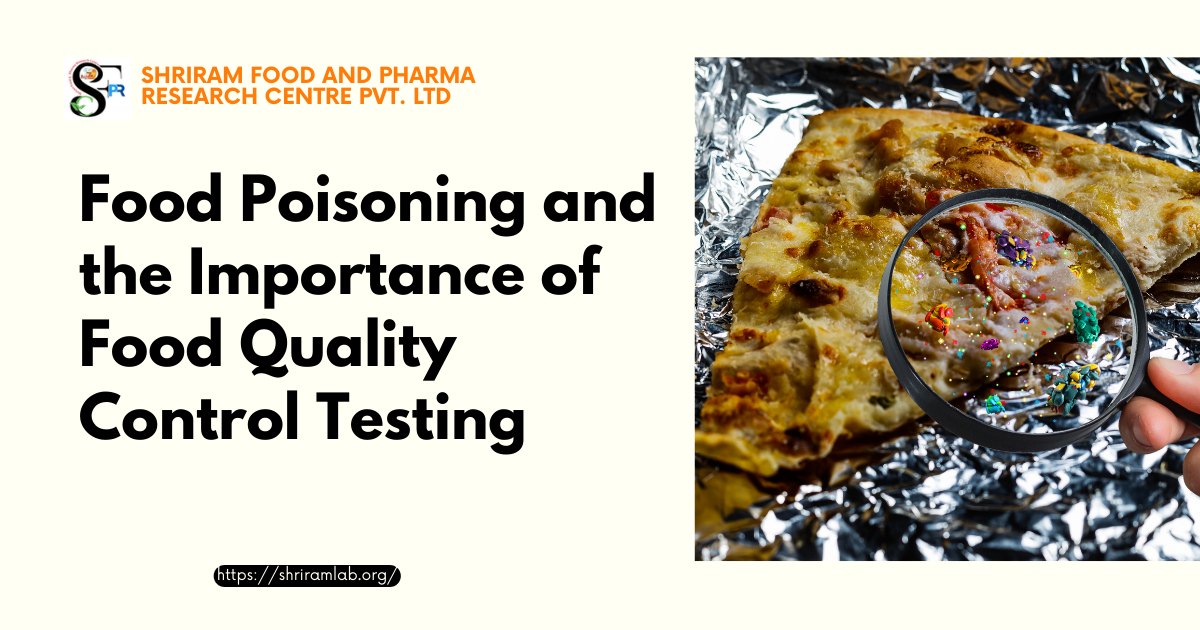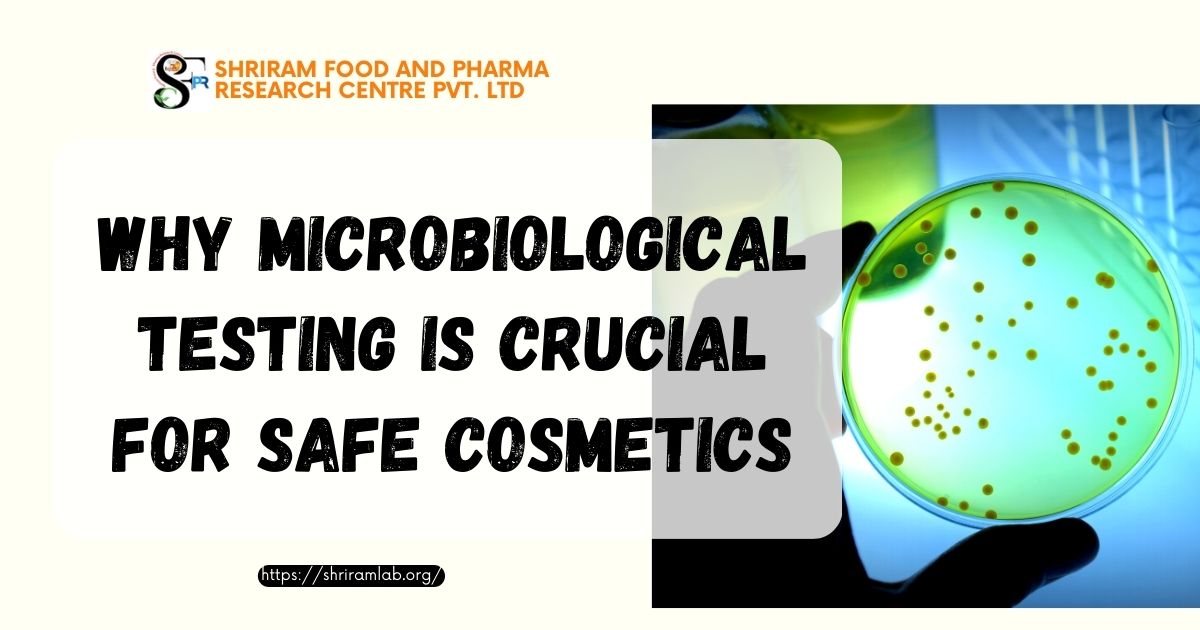Food poisoning is a common, yet distressing and sometimes life-threatening problem for millions of people throughout the world. It is caused by consuming contaminated foods or beverages. There are various infectious agents, including bacteria, viruses, and parasites, that can cause food poisoning. Symptoms can range from mild to severe and include nausea, vomiting, diarrhea, and abdominal pain, and in some cases, it can lead to more serious health issues such as kidney failure or chronic arthritis.
Causes of Food Poisoning
The primary cause of food poisoning is the presence of pathogenic microorganisms, such as Salmonella, E. coli, and Listeria. These can be introduced to food products at various stages during production, processing, and preparation. Cross-contamination, inadequate cooking, improper storage, and poor hygiene practices are common ways through which food becomes contaminated.
Why Food Quality Control Testing is Necessary
Food quality control testing is essential for several reasons:
- Consumer Safety: The foremost reason for food quality control testing is to ensure consumer safety and prevent foodborne illnesses. Regular testing can detect harmful pathogens and toxins early, before they reach the consumer.
- Compliance with Standards: Food producers must comply with strict food safety standards set by government bodies and international organizations. Quality control testing helps in ensuring these standards are met consistently.
- Brand Reputation: Recurrent incidents of food poisoning can severely damage a brand’s reputation. Quality control testing helps companies maintain their reputation by ensuring the safety and quality of their products.
- Economic Impact: Food recalls due to contamination are costly for companies. By preventing contamination, quality control testing saves companies from potential financial losses associated with recalls.
- International Trade: For food products that are exported, quality control testing is crucial to meet the import regulations of different countries. Failure to comply can result in the rejection of food shipments at the border.
Types of Food Quality Control Tests
There are various types of tests conducted as part of food quality control:
- Microbiological Testing: To detect the presence of pathogens.
- Chemical Testing: To identify residues of pesticides, fertilizers, and other contaminants.
- Physical Testing: To assess the physical characteristics of food, such as texture and color.
- Sensory Testing: To evaluate the taste, smell, and overall acceptability of food products.
Conclusion
Food poisoning is a significant health hazard that can be mitigated by rigorous food quality control testing. Such testing is not just a regulatory requirement but a critical component of public health. It ensures that the food we consume is safe, thereby protecting us from the potential dangers of contaminated food. As our food supply becomes increasingly global, the importance of food quality control testing will continue to grow, making it an indispensable part of the food industry.
“Ensure the safety and excellence of your products with Shriram Food and Pharma Research Centre – your trusted partner in food quality control testing. Contact us today to safeguard your brand’s integrity!”





